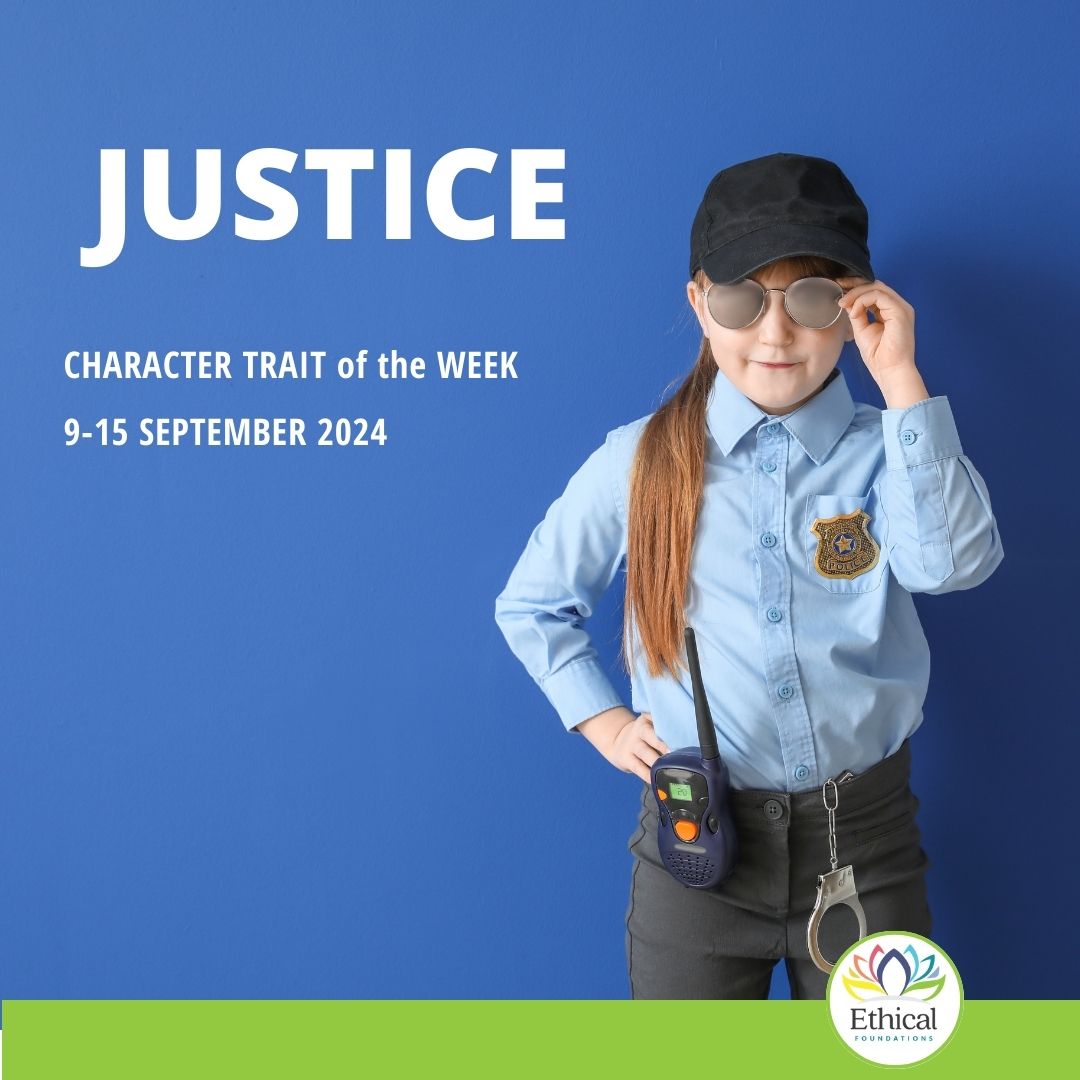09 Sep JUSTICE
Restorative Justice and Parenting
Have you ever heard of restorative justice as a parent? Restorative justice means restoring a wrong so that it is right.
It’s not a new concept.
Restorative justice is an ancient practice that has been embraced by Indigenous peoples globally for many years, making it a part of a larger, inclusive community.
As a child, many of us received punishment or had consequences imposed on us when we did something wrong.
Restorative justice focuses on more than just handing out punishment or telling the child how they will be disciplined.
It’s about fostering a sense of reflection, helping them realise they’ve done something hurtful or damaging to someone or something and allowing them to reflect on their behaviour and how they can rectify it.
After all, when a parent speaks with a child, rather than to a child, about their behaviour, helps the child understand the error of their ways, and empowers them by asking them how they can make things right again, the child not only learns how to overcome an issue but also realises they can fix things.
When a child is authoritatively spoken down to by an adult, they may feel shame or embarrassment.
However, when a parent communicates to guide a child from negative behaviour to positive, it is respectful while still being authoritative.
Regardless of age or any other bias, it is everyone’s right to be treated with respect.
This approach fosters a connection and understanding between the parent and the child.
3 Ways
Three ways you can teach your child about justice are:
1. Respecting other people’s belongings—in return, they respect their belongings, reinforcing the value of personal property.
2. Standing up against bullying – this boosts their self-respect and courage.
3. Following school rules – when everyone is required to do the same it provides a sense of fairness and order.
Outcomes
When children have an increased understanding of justice, they begin to make sense of the complex social issues in our communities.
When they witness injustices, they will develop a more profound empathy for people in difficult situations.
Their self-confidence is empowered when they advocate for fairness and strive to impact our world positively.
Encouraging your child to find fair solutions improves their problem-solving skills and resilience.
In practice
While the practice of justice creates strong communities, it can also lead to increased conflict regarding perceived injustices.
Tensions are raised due to differing views on justice.
For example, imagine two children playing with some toys. One child has been playing with the same toy for some time, and the other child also wants to play with that same toy. Instead of asking nicely, an argument erupts.
Most, if not all, parents have witnessed this.
A fight quickly escalates when both sides focus only on their own feelings, ignoring fairness, sharing, or taking turns, and failing to consider the other person’s perspective.
Parents teaching their children about restorative justice would mean teaching them how to resolve their conflicts by helping them understand how the other child feels, taking responsibility for their part of the argument, and finding a fair solution.
It helps create a happier household and instils a leadership skill that the children will use throughout their lives.


Sorry, the comment form is closed at this time.